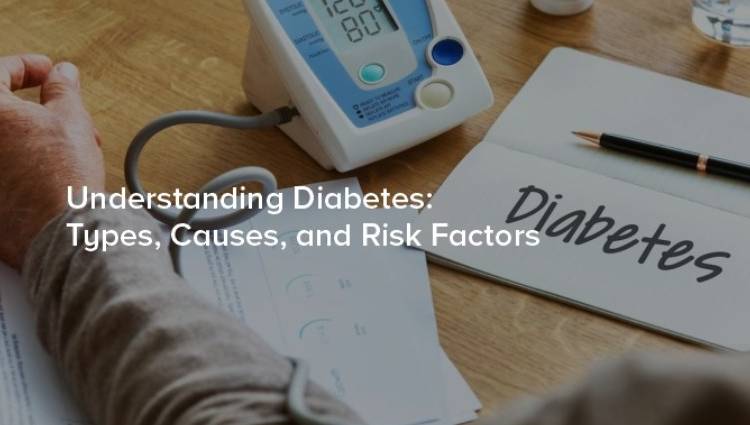
Diabetes is a chronic disease that affects millions of people worldwide. It occurs when the body is unable to produce enough insulin or cannot use it effectively. Without proper management, diabetes can lead to serious complications such as heart disease, kidney failure, blindness, and nerve damage.
Type 1 Diabetes:
Type 1 diabetes is an autoimmune disease that occurs when the body develops antibodies which destroy its insulin-producing cells in the pancreas, the exact reason for why these antibodies are produced is still unknown. This type of diabetes usually develops in childhood or adolescence, but it can occur at any age. People with Type 1 diabetes require insulin injections or an insulin pump to manage their blood sugar levels.
Type 2 Diabetes:
Type 2 diabetes is the most common form of diabetes and accounts for over 90% of all cases. It occurs when the body becomes resistant to insulin or cannot produce enough insulin to meet the body's demand. Type 2 diabetes is closely related to lifestyle factors such as obesity, physical inactivity, and poor diet. Family history, age, and ethnicity also play a role in the development of Type 2 diabetes. Low Glycaemic index diet, regular aerobic exercise and medications are all important aspects in the treatment of Type 2 Diabetes.
Gestational Diabetes:
Gestational diabetes occurs generally during 2nd trimester of pregnancy and affects 2-10% of all pregnant women. It is caused by hormonal changes that affect the body's ability to use insulin effectively. Women who are overweight, over 25 years old, or have a family history of diabetes are at a higher risk of developing gestational diabetes. Women with a history of the gestational diabetes during pregnancy are also more likely to develop Type 2 diabetes later in life.
Risk Factors:
Several factors increase the risk of developing diabetes, including age, family history, obesity, physical inactivity, poor diet, and race/ethnicity. South Asians especially are more likely to develop diabetes than Caucasians. Smoking and alcohol use also increase the risk of developing diabetes, as they can affect the body's ability to use insulin.
Conclusion:
Diabetes is a chronic disease that requires ongoing management to prevent complications. Understanding the different types of diabetes, their causes, and risk factors is essential in preventing and managing the disease. Maintaining a healthy lifestyle, staying active, and eating a balanced diet are important in the prevention of diabetes. If you are at risk of diabetes or have been diagnosed with the disease, work with your healthcare provider to develop a diabetes management plan that works for you. Together, you can manage your blood sugar levels, prevent complications, and live a healthy life.